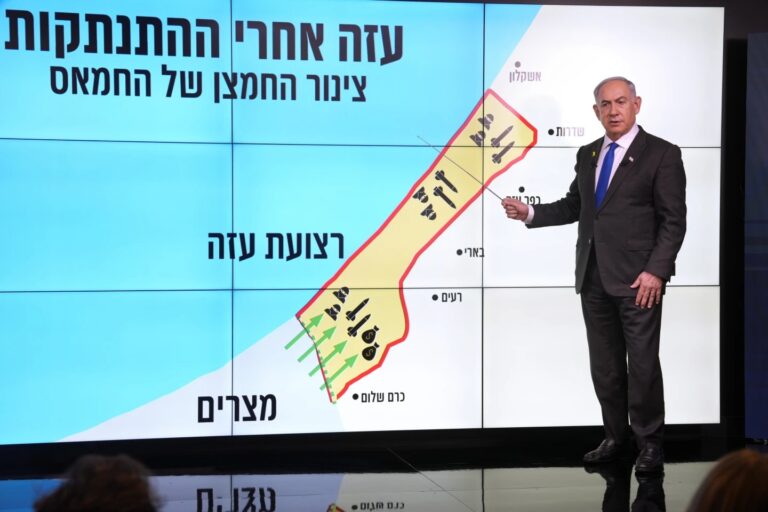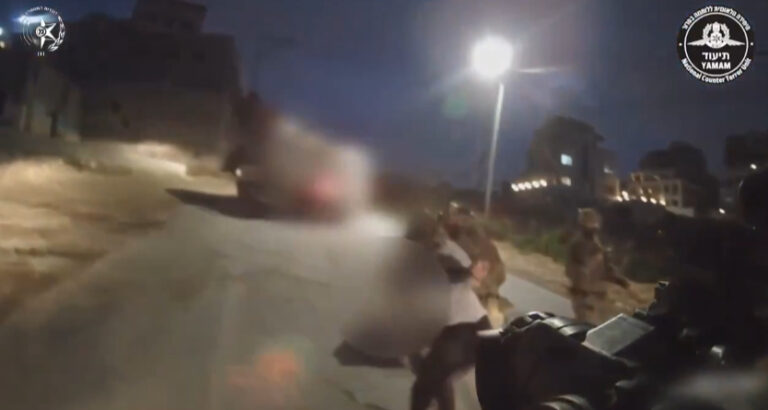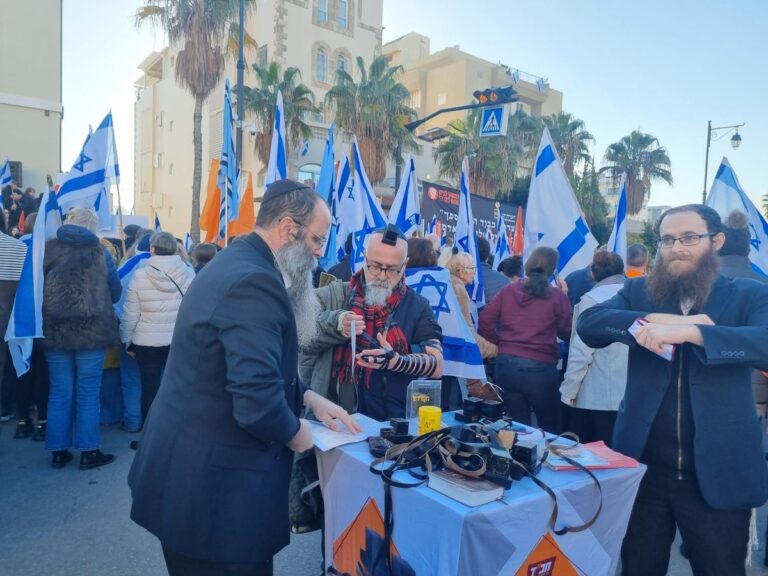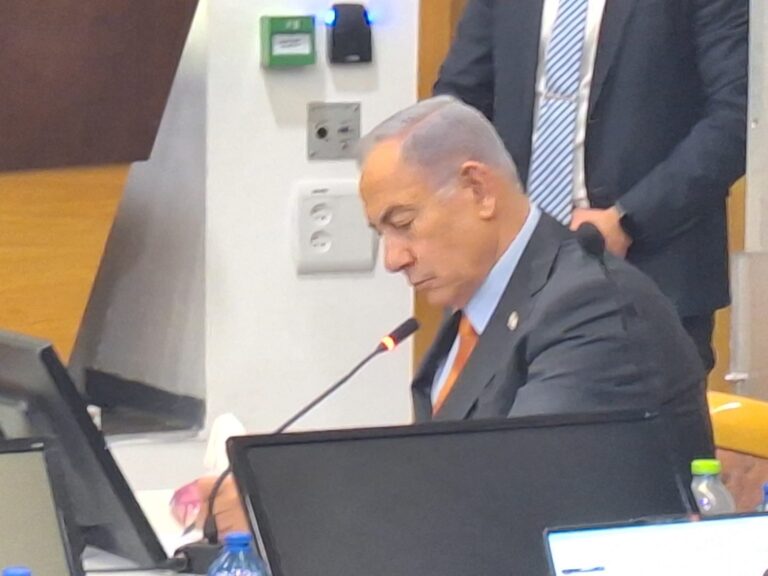Russia and the United States aren’t in a new Cold War despite spiraling tensions, a senior Russian diplomat said in remarks released Wednesday.
Deputy Foreign Minister Sergei Ryabkov denounced U.S. sanctions against Russia, but emphasized that the current tension “isn’t equivalent to confrontation that may spill into open conflict.” He added, however, that Russia and the U.S. need to refresh their agreements on preventing incidents at sea and in the air.
Speaking to Japanese and Chinese media in remarks released by his ministry, Ryabkov said: “I don’t think that such confrontation is possible.” He added that decades of experience have taught Moscow and Washington caution.
“I don’t think that we are in a state of a new Cold War because there are no grounds for a Cold War in the old meaning of the word, meaning a confrontation between systems and ideologies, ideological rivalry,” Ryabkov said.
Russia-U.S. relations have plunged to post-Cold War lows over the Ukrainian crisis, the war in Syria and the accusations of Russian meddling in last year’s U.S. presidential vote.
Ryabkov said that about 400 Russian entities and some 200 Russian citizens have been targeted by the U.S. sanctions. He reaffirmed Moscow’s denial of interference in the U.S. election, dismissing the accusations as “collective madness.”
He argued that Russia’s response to the U.S. sanctions has been “quite restrained and modest,” adding that Moscow doesn’t view relations with Washington as a zero-sum game.
Ryabkov emphasized that Russia refrained from any steps that “if asymmetrical, not tit-for-tat, could harm regional and global stability.”
“Russia is fully aware of its measure of responsibility in this field,” he said, noting that Russia and the U.S. have reached a significant progress in their efforts to settle the Syrian crisis.
The Kremlin has responded to sanctions approved by the U.S. Congress by ordering sharp cuts of U.S. diplomatic personnel in Russia.
Ryabkov scathingly criticized the U.S. decision to indefinitely suspend issuing visas at its consulates in St. Petersburg, Yekaterinburg and Vladivostok in response to the Russian decision to cap embassy staff.
“By depriving Russian citizens of the possibility to receive visas freely and easily, the United States is turning itself into its own opposite,” he said.
“Some would think it’s time to open a bottle of champagne because the U.S. is destroying itself, while others would see it as a sad moment because it would be more difficult to get access to the American values and benefits.”
(AP)











